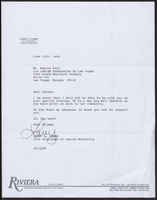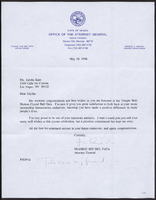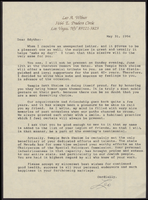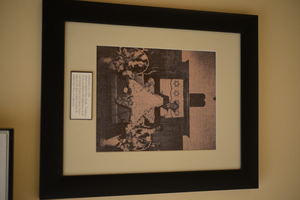Search the Special Collections and Archives Portal
Search Results
Rudiak, Gertrude, 1915-
Gertrude Rudiak was born August 2, 1915 in North Dakota to Russian immigrants. She grew up in Wisconsin until 1924. That year, her family drove to California via the Yellowstone Trail. Her father had a chiropractic practice in Los Angeles, California. After Rudiak earned a music degree at the University of California at Berkeley, she attended a business college, and she got a job as a social worker in northern California.
Person

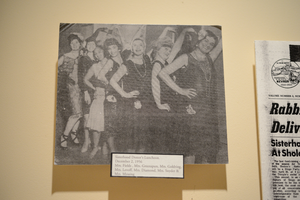
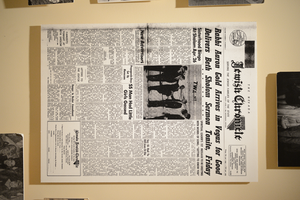
Pagination
Refine my results
Content Type
Creator or Contributor
Subject
Archival Collection
Digital Project
Resource Type
Year
Material Type
Place
Language
Records Classification

